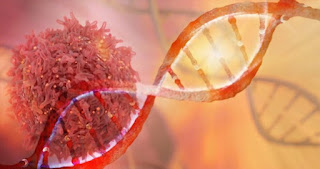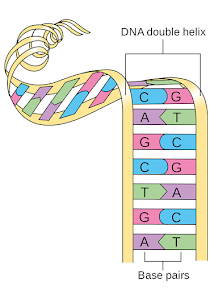Radiopharmaceuticals: Radiation Therapy Enters the Molecular Age
The way many types of cancer are treated has changed dramatically during the last two decades. Specific proteins in cancer cells that enable them to grow, divide, and spread are shut down by targeted therapy. Immunotherapies work by stimulating or suppressing the immune system to assist the body fight cancer. However, for most tumors, tried-and-true treatments like surgery, chemotherapy, and radiation therapy remain the gold standard.
 More than a century ago, radiation therapy was utilized to treat cancer for the first time. It is still given to about half of all cancer patients at some time throughout their treatment. And, until recently, the majority of radiation therapy was delivered in the same way it was 100 years ago: beams of radiation were delivered from outside the body to destroy cancers inside the body.
More than a century ago, radiation therapy was utilized to treat cancer for the first time. It is still given to about half of all cancer patients at some time throughout their treatment. And, until recently, the majority of radiation therapy was delivered in the same way it was 100 years ago: beams of radiation were delivered from outside the body to destroy cancers inside the body.
External radiation, while beneficial, can potentially cause collateral damage. “You have to [strike] normal tissue to get to a tumour,” said Charles Kunos, M.D., Ph.D., of the National Cancer Institute's Cancer Therapy Evaluation Program (CTEP). Radiation therapy can cause a variety of adverse effects, including loss of taste, skin changes, hair loss, diarrhoea, and sexual issues, depending on the location of the body treated.
Researchers are now working on a new class of medications known as radiopharmaceuticals, which administer radiation therapy to cancer cells directly and selectively. There has been an explosion of research and clinical trials evaluating new radiopharmaceuticals in recent years.
These results demonstrate that focusing radiation therapy at the cellular level has the potential to lower the danger of both short- and long-term treatment adverse effects while also allowing cancer cells to be eliminated in even the tiniest deposits throughout the body.


Comments
Post a Comment